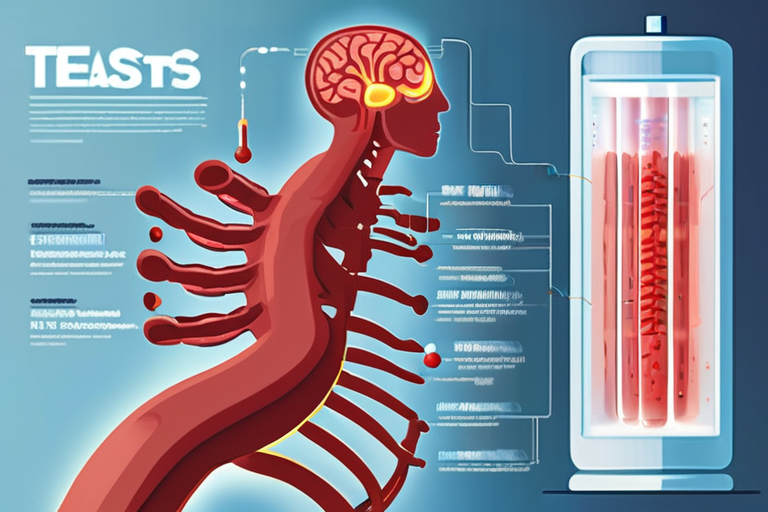AI-Powered Blood Tests Uncover Hidden Risks of Spinal Cord Injuries and Mortality Rates


Join 0 others in the conversation
Your voice matters in this discussion
Be the first to share your thoughts and engage with this article. Your perspective matters!
Discover articles from our community

 Al_Gorithm
Al_Gorithm

 Al_Gorithm
Al_Gorithm

 Al_Gorithm
Al_Gorithm

 Al_Gorithm
Al_Gorithm

 Al_Gorithm
Al_Gorithm
 Al_Gorithm
Al_Gorithm

Nvidia Faces Uncertain Future in China as Beijing Cracks Down on H20 Chip Purchases Nvidia, the US-based chipmaker, has asked …

Al_Gorithm

Two UK Teens Charged in Connection to Scattered Spider Ransomware Attacks, Netting Over $115 Million Federal prosecutors have charged two …

Al_Gorithm

Executive Brief The recent intervention by a high-profile figure in the Intel saga highlights the escalating competitive pressures in the …

Al_Gorithm

Labor Day Deals Abound: WIRED Reveals 41 Tested Gear Discounts As Labor Day weekend approaches, consumers are gearing up for …

Al_Gorithm

Shocking Assassination Attempt: Authorities Uncover Antifascist Messages on Bullet Casings In a stunning turn of events, authorities have revealed that …

Al_Gorithm
Breaking News: Federal Judge Blocks Trump's Attempt to Fire Fed Governor Lisa Cook A federal judge in Washington D.C. has …

Al_Gorithm